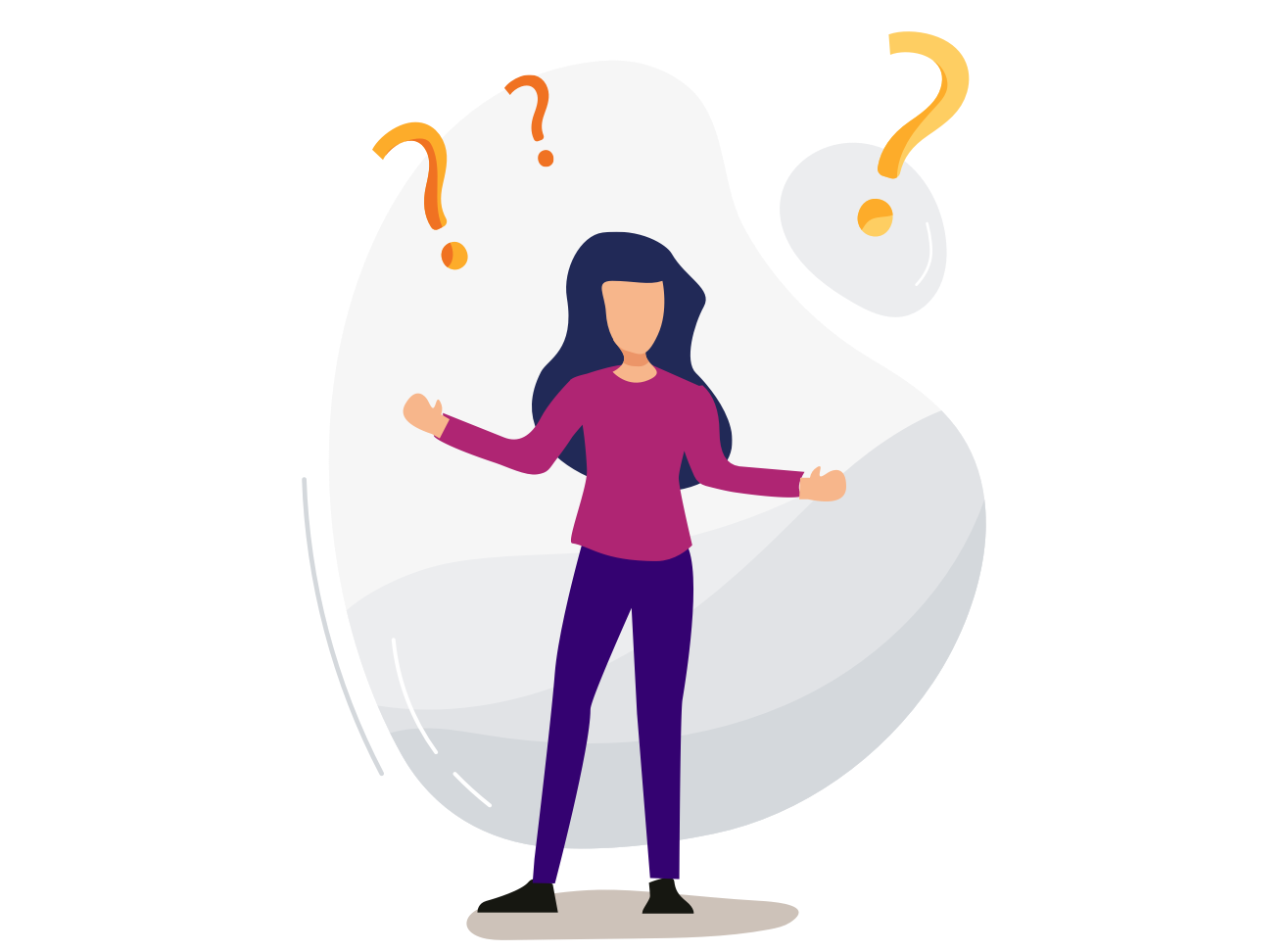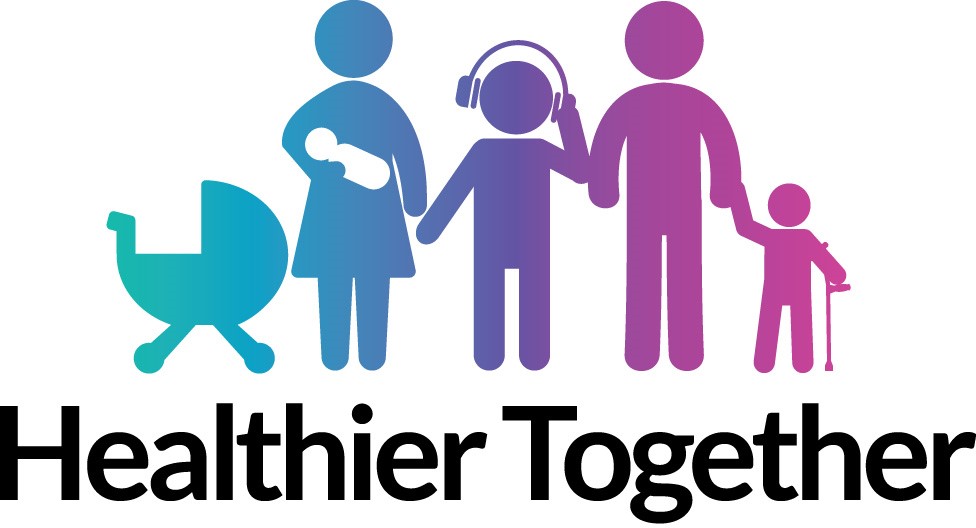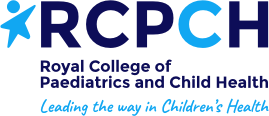
It can be confusing to know what to do when you are unwell. Here is some advice to help.
exp date isn't null, but text field is

It can be confusing to know what to do when you are unwell. Here is some advice to help.
 |
|
|
If you experience any of the following:
|
You need urgent help. Go to the nearest Hospital Emergency Department or phone 999 |
 |
|
|
If you experience any of the following:
|
Immediately contact your GP and make an appointment to be seen that day or call NHS 24 - dial 111. We recognise that during the current COVID-19 crisis, at peak times, access to a healthcare professional may be delayed. If symptoms persist for 4 hours or more and you have not been able to speak to either a member of staff from your GP practice or to NHS 24, then consider going to your nearest Emergency Department. |
 |
|
|
If none of the above features are present:
|
Continue to recover at home. If you are still concerned, contact NHS 111 - visit 111.nhs.uk or dial 111. |
 Self Care Self Care |
|
|
For wear and tear, minor trips and everything in between. Self-care You can treat your very minor illnesses and injuries at home. Some illnesses can be treated in your own home with support and advice from the services listed when required, using the recommended medicines and getting plenty of rest. |
Sound advice Young people can recover from illness quickly but also can become more poorly quickly; it is important to seek further advice if your condition gets worse. |
 Local Pharmacist Local Pharmacist |
|
|
Pharmacists are experts in many aspects of healthcare. They are the first port of call for minor ailments and can provide advice and can offer advice on a wide range of long-term conditions and common illnesses such as coughs, colds and stomach upsets. Pharmacy First is a free service. You do not need an appointment and many pharmacies have a private consultation area. Your pharmacist will let you know if you need further medical attention. |
Sound advice
|
 GP (General Practitioner) GP (General Practitioner) |
|
| GPs assess, treat and manage a whole range of health problems. They also provide health education, give vaccinations and carry out simple surgical procedures. Your GP will arrange a referral to a hospital specialist should you need it. |
Sound advice You have a choice of service:
|
 NHS 24 NHS 24 |
|
| If you’re not sure which NHS service you need, call 111. An adviser will ask you questions to assess your symptoms and then give you the advice you need, or direct you straightaway to the best service for you in your area. |
Sound advice Use NHS 24 if you are unsure what to do next, have any questions about a condition or treatment or require information about local health services. |
 Emergency Department Emergency Department |
|
| Emergency departments provide vital care for life-threatening emergencies, such as loss of consciousness, suspected heart attacks, breathing difficulties, or severe bleeding that cannot be stopped. If you’re not sure it’s an emergency, call 111 for advice. |
Sound advice
|
Content adapted with permission from the what0-18.nhs.uk resource produced by the Healthier Together initiative


Last reviewed: 27 March 2023
Next review: 31 March 2026
Reviewer Name(s): Dr Morag Wilson; Dr Geetika Kumar